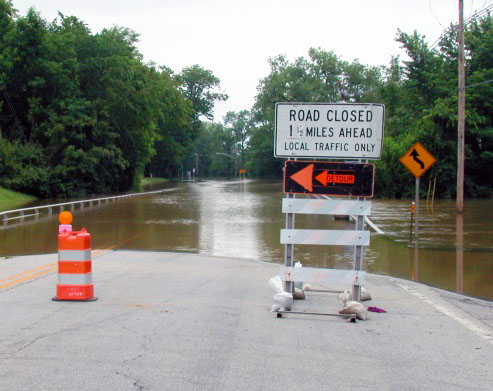 Anjanette Riley was at last week’s Resilient Chicago workshop on climate trends and adaptive planning. She had this to say about the event:
Anjanette Riley was at last week’s Resilient Chicago workshop on climate trends and adaptive planning. She had this to say about the event:  Anjanette Riley was at last week’s Resilient Chicago workshop on climate trends and adaptive planning. She had this to say about the event:
Anjanette Riley was at last week’s Resilient Chicago workshop on climate trends and adaptive planning. She had this to say about the event: Recent News
- Aquatic Invasive Species Specialist Greg Hitzroth wins ILMA Lake Guardian Award
- Cooperative Lake Michigan research effort focused on critical management issues and knowledge gaps
- IISG announces intern opportunites with Shedd Aquarium, National Park Service, and Chicago Wilderness
- IISG finds new approaches to help communities and others make informed decisions
- New research predicts potential flooding impacts on critical infrastructure
IISG Instagram
Bugged by invasives? Get the latest research updates, management recommendations, success stories, and resources to manage invasive species effectively on May 22 at the Illinois Invasive Species Symposium in Champaign.
**Bonus: Our very own Aquatic Invasive Species Specialist, Katie O’Reilly, will be a panelist! 🎉
Details and registration at go.illinois.edu/InvasiveSymposium, or click the #linkinbio.
Open to industry professionals, landowners and managers, farmers, foresters, volunteers, and environmental stewards.

Bugged by invasives? Get the latest research updates, management recommendations, success stories, and resources to manage invasive species effectively on May 22 at the Illinois Invasive Species Symposium in Champaign.
**Bonus: Our very own Aquatic Invasive Species Specialist, Katie O’Reilly, will be a panelist! 🎉
Details and registration at go.illinois.edu/InvasiveSymposium, or click the #linkinbio.
Open to industry professionals, landowners and managers, farmers, foresters, volunteers, and environmental stewards.

